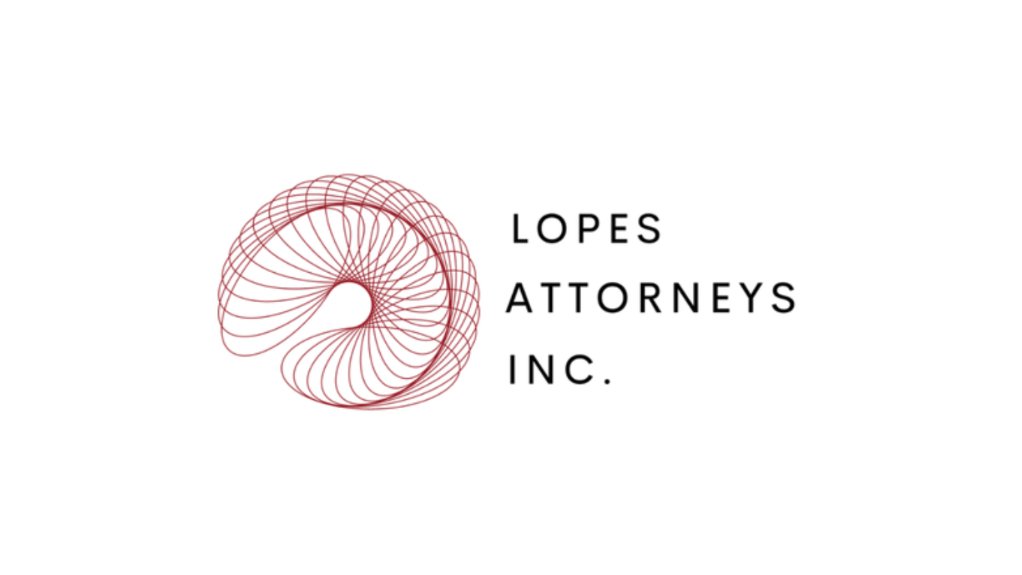The rapid development and adoption of artificial intelligence (AI) presents exciting opportunities for South Africa's future. From healthcare and agriculture to finance and law enforcement, AI promises to revolutionise many sectors. However, alongside these benefits lies potential risks that necessitate a cautious and well-considered approach to AI regulation.
Currently, South Africa lacks comprehensive legislation specifically governing AI. While existing legal frameworks, such as the Protection of Personal Information Act (POPIA), addresses aspects of data privacy they fall short of adequately addressing the complex ethical and societal concerns raised by AI.
To effectively regulate AI and unlock its full potential for good, the South African legislature can glean valuable insights from jurisdictions at the forefront of AI governance. Here are some key considerations inspired by global leaders:
Risk-based approach
- EU's AI Act categorises AI systems based on their risk level, with stricter regulations for high-risk applications like facial recognition in public spaces.
- Singapore's Model AI Governance Framework emphasises proportionate regulation based on the potential harm an AI system can cause.
Transparency and explainability
- California's Algorithmic Accountability Act requires businesses to disclose how they use algorithms that impact consumers, promoting fairness and accountability.
- France's Explainable AI Law mandates companies to make AI systems used in administrative decisions understandable for those affected, upholding the right to explanation.
Addressing bias and discrimination
- Canada's Algorithmic Impact Assessment Framework encourages developers to assess potential biases in their AI systems before deployment, mitigating discriminatory outcomes.
- UK's Equality and Human Rights Commission's Guidance on AI and Algorithmic Systems provides practical guidance on identifying and mitigating bias in AI systems to ensure compliance with anti-discrimination laws.
Public trust and stakeholder engagement
- Estonia's AI Ethics Charter fosters public trust by establishing ethical principles for AI development and deployment.
- Finland's AI Strategy constantly, emphasises collaboration between policymakers, researchers, and the public to shape responsible AI development.
By adapting and building upon these international best practices, South Africa can develop a robust and adaptable AI regulatory framework that fosters innovation while safeguarding fundamental rights and public well-being. This includes:
- Establishing a dedicated AI regulatory body. A central authority equipped with the expertise and resources to oversee AI development and implementation.
- Developing clear ethical guidelines for AI where principles outlining responsible AI development and use, ensuring transparency, fairness, accountability, and human oversight.
- Investing in AI education and awareness through equipping policymakers, industry stakeholders, and the public with the knowledge and understanding of AI to participate meaningfully in shaping its future.
Regulating AI effectively requires a forward-thinking and nuanced approach. By learning from global leaders and prioritising ethical considerations, South Africa can unlock the transformative potential of AI while mitigating its risks and ensuring a future where AI benefits all.
It's important to note that this is a complex and rapidly evolving field and the approaches mentioned above are not exhaustive. Ongoing research, dialogue and collaboration between stakeholders will be crucial for developing a truly effective and adaptable AI regulatory framework for South Africa.
Written by Jaimin Patel, Lopes Attorneys
EMAIL THIS ARTICLE SAVE THIS ARTICLE ARTICLE ENQUIRY
To subscribe email subscriptions@creamermedia.co.za or click here
To advertise email advertising@creamermedia.co.za or click here











